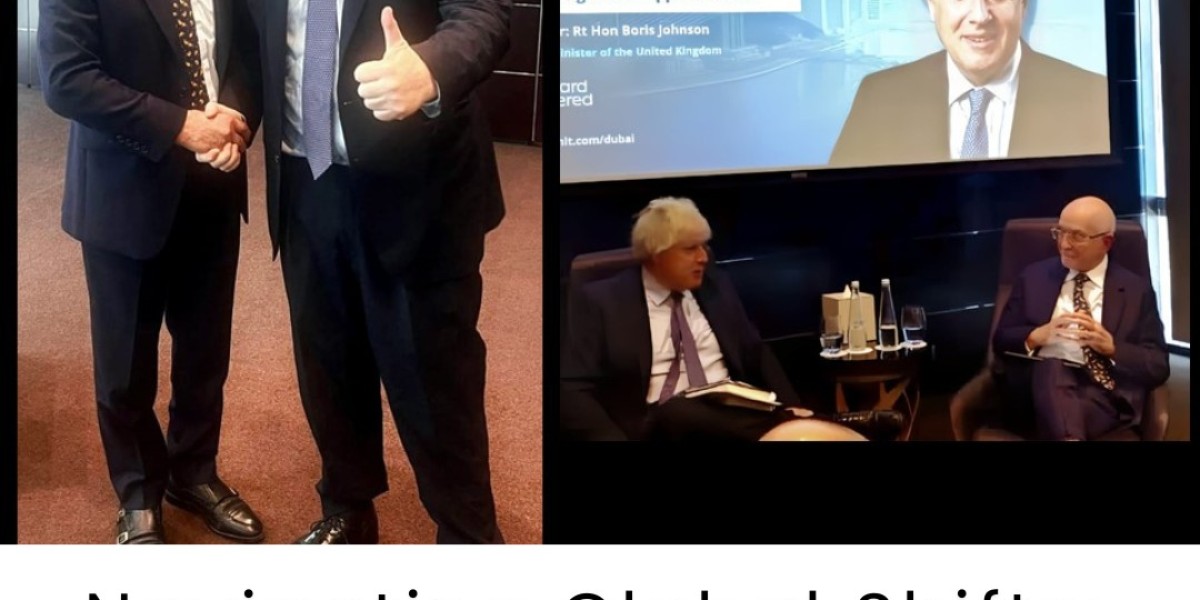The global political landscape is undergoing significant transformations, shaped by economic realignments, military conflicts, and shifting alliances. These changes have profound implications for international security and economic stability. Among the most pressing concerns today are the Geopolitical Challenges in the Middle East and the evolving Global Security and NATO Post-Ukraine War. These two interconnected issues are reshaping international relations and require strategic responses from global leaders.
Geopolitical Challenges in the Middle East
The Middle East has long been a focal point of global geopolitical tensions. The region’s complexities stem from historical conflicts, economic dependencies on oil, and shifting alliances. Several key factors continue to influence the Middle East’s geopolitical landscape:
1. Ongoing Conflicts and Instability
The Middle East remains embroiled in multiple conflicts, including the prolonged war in Syria, tensions in Yemen, and ongoing disputes between Israel and Palestine. These conflicts not only destabilize the region but also create global security risks by fueling terrorism, increasing refugee crises, and affecting global oil prices.
2. The Role of Major Powers
The involvement of global superpowers such as the United States, Russia, and China significantly impacts Middle Eastern affairs. The U.S. has long maintained a military presence in the region, while Russia’s intervention in Syria has shifted power dynamics. Meanwhile, China is expanding its influence through economic investments, particularly via the Belt and Road Initiative.
3. Energy Security and Economic Shifts
With the global push towards renewable energy, oil-dependent economies in the Middle East are facing pressure to diversify. Countries like Saudi Arabia and the UAE are investing in sectors such as tourism, technology, and artificial intelligence. However, the region's economic stability remains tied to fluctuating oil prices, making it vulnerable to external shocks.
4. Iran’s Nuclear Ambitions
Iran's nuclear program continues to be a significant source of tension in the Middle East. The breakdown of the Joint Comprehensive Plan of Action (JCPOA) has led to renewed sanctions and increased hostilities. The potential for a nuclear-armed Iran has profound implications for regional security, prompting reactions from Israel, Saudi Arabia, and Western nations.
5. The Abraham Accords and Normalization of Relations
The signing of the Abraham Accords marked a shift in Middle Eastern diplomacy, fostering normalization of relations between Israel and several Arab nations, including the UAE and Bahrain. While this move aims to promote peace and economic collaboration, it has also created new geopolitical dynamics that influence regional alliances.
Global Security and NATO Post-Ukraine War
The Russian invasion of Ukraine in 2022 has had far-reaching consequences for global security. The war has not only altered Europe’s political landscape but also led to significant shifts within NATO and other global alliances.
1. NATO’s Strengthened Presence
One of the most immediate effects of the Ukraine war has been NATO’s expansion and increased military readiness. Finland and Sweden’s decision to join NATO underscores a renewed commitment to collective security. NATO has also deployed additional forces to Eastern Europe, reinforcing its presence in countries bordering Russia.
2. European Security Realignment
European nations are reassessing their defense strategies in response to Russia’s aggression. Germany, for instance, has increased its military spending, breaking from its traditionally restrained defense policies. Additionally, the European Union is working towards greater defense coordination and energy independence from Russian gas supplies.
3. The Impact on Global Energy Markets
The Ukraine war has significantly disrupted global energy markets. Sanctions on Russia have led to a shift in energy supply chains, with Europe seeking alternative sources such as liquefied natural gas (LNG) from the United States and increased imports from the Middle East. This energy transition has further strengthened economic ties between Europe and Gulf nations.
4. Cybersecurity and Hybrid Warfare
The conflict in Ukraine has highlighted the growing role of cyber warfare in modern conflicts. Russia has employed cyberattacks against Ukrainian infrastructure, setting a precedent for future geopolitical tensions. As a result, NATO and its allies are investing in advanced cybersecurity measures to counter hybrid threats.
5. The Future of Russia-West Relations
The long-term implications of the Ukraine war on Russia’s relationship with the West remain uncertain. While economic sanctions have weakened Russia’s economy, its pivot towards China and other non-Western allies suggests a shift in global alliances. The international community faces ongoing challenges in managing diplomatic relations while maintaining pressure on Russia to end hostilities.
Navigating the Road Ahead
As the world grapples with these geopolitical shifts, it is crucial for global leaders to adopt a strategic and cooperative approach. Geopolitical Challenges in the Middle East demand diplomatic solutions that promote stability and economic resilience. Meanwhile, ensuring Global Security and NATO Post-Ukraine War requires continued investment in defense capabilities, cybersecurity, and energy independence.
Conclusion
The evolving global order presents both challenges and opportunities. By addressing the Geopolitical Challenges in the Middle East and strengthening Global Security and NATO Post-Ukraine War, nations can navigate uncertainties while fostering stability and progress. The discussions held at the AIM Summit in Dubai with prominent global figures, including Boris Johnson, highlight the urgent need for proactive diplomacy and strategic foresight in addressing these pressing global issues.
View Article Source: https://www.linkedin.com/posts/davidgibsonmoore_globalbritain-ukpolitics-brexit-activity-7255452569261518848-TwLU?utm_source=share&utm_medium=member_desktop









